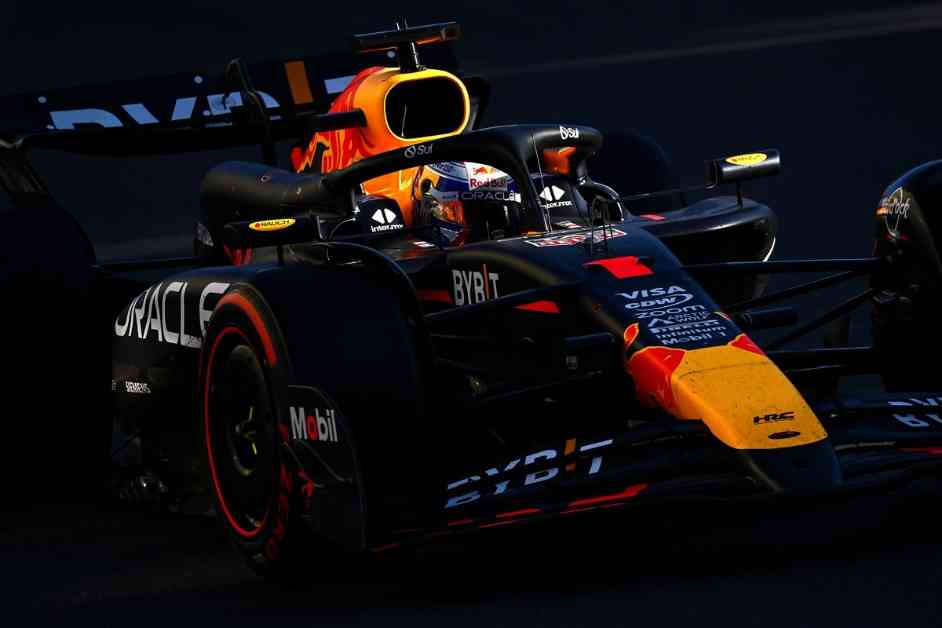Verstappen’s Struggles in Baku: A Deeper Look
Formula 1 fans were left stunned as Max Verstappen, the reigning world champion, found himself outperformed by his Red Bull teammate Sergio Perez in Baku. This marked the first time in 33 races that Perez had outqualified Verstappen, signaling a significant shift in the team dynamics. The unexpected turn of events raised questions about what went wrong for Verstappen during the Azerbaijan Grand Prix weekend.
Challenges Faced by Red Bull
The Azerbaijan Grand Prix came on the heels of a challenging period for Red Bull, as the team grappled with car balance issues that had surfaced in May. These issues had proven difficult to rectify, leading to a series of lackluster performances for Verstappen. Amidst this struggle, Red Bull found themselves unable to maintain their dominance in the sport, with rival teams like McLaren, Ferrari, and Mercedes clinching victories while Verstappen remained winless for seven races.
Despite the setbacks, there were glimpses of hope for Red Bull in Baku. The team’s improved understanding of the handling issues that had plagued Perez’s performance earlier in the season hinted at progress. Perez, who had often struggled to find the right car setup to suit his driving style, notably found success in Baku with the help of a tweaked floor design. This newfound confidence translated into a strong qualifying performance, where Perez secured fourth place, outperforming Verstappen for the first time in several races.
Verstappen’s Struggles and Set-up Woes
In contrast to Perez’s success, Verstappen faced significant challenges with his car’s set-up in Baku. The Dutch driver described how changes made to the car’s configuration had a detrimental impact, making the vehicle unpredictable and difficult to control. This led to handling issues during qualifying, where Verstappen felt the car’s behavior worsen, particularly in low-speed corners on the demanding street circuit.
As a result of Formula 1’s parc ferme rules, Verstappen was limited in his ability to make significant changes to the car’s set-up after qualifying. This left him to contend with the suboptimal configuration during the race, where he struggled to maintain pace and make overtakes. Verstappen’s difficulties were further compounded by tire wear issues, exacerbated by his prolonged battles with other drivers on hard tires.
Analysis and Reflection
Despite the challenges faced in Baku, Verstappen and the Red Bull team remained optimistic about the season ahead. The weekend’s setbacks served as a learning experience, highlighting the importance of finding the right balance between performance and reliability. Verstappen acknowledged the improvements made to the car’s behavior before the ill-fated set-up changes, emphasizing the team’s ongoing efforts to optimize performance.
Looking ahead to the upcoming races, including the challenging Singapore Grand Prix, Verstappen remained focused on regaining lost ground in the championship standings. While McLaren’s strong performance in Baku posed a threat to Red Bull’s standing, Verstappen expressed confidence in the team’s ability to bounce back and reclaim their position at the top.
In conclusion, the Azerbaijan Grand Prix served as a valuable lesson for Red Bull and Max Verstappen, highlighting the importance of consistent performance and strategic decision-making in the competitive world of Formula 1. As the season progresses, the team’s ability to adapt and overcome challenges will be crucial in their pursuit of success on the track.
